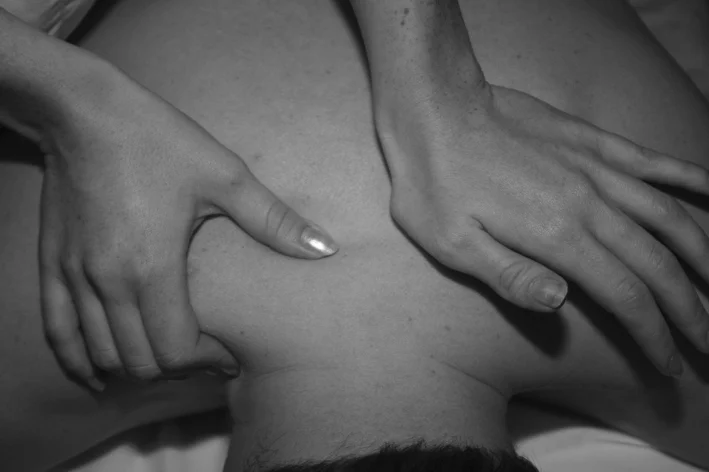
Meet with the best spondylosis physical therapists in Tehachapi, California
Tehachapi, California, Luna has physical therapists that specialize in treating patients with spondylosis. Our PTs are equipped to help patients adjust their movements and lifestyle to reduce pain, with the eventual goal of helping them to become consistently pain-free. Our physical therapists endeavor to help patients return to the activities they love, as quickly and as safely as possible.
Best of all, with Luna, patients can receive physical therapy for spondylosis at home. Luna’s licensed physical therapists come to you — it’s physical therapy, delivered.

What is spondylosis?
Spondylosis is a common degenerative condition that can affect any of the spine’s intervertebral discs and facet joints, reducing the amount of space between vertebral bodies and hindering normal motion of the facet joints. Though spondylosis affects many older people and is typically not serious, it can be quite painful and may interfere with day-to-day functioning.
Spondylosis, also known as spinal osteoarthritis, commonly occurs in the neck and lower back, as these spinal regions are the most likely to experience excess stress. Besides pain, patients with spondylosis may also experience stiffness after periods of inactivity or abnormal sensations such as numbness or tingling. Spondylosis most commonly occurs in patients older than 40 years old — and in fact, more than 80% of individuals over 40 demonstrate evidence of the condition.
Source: Spine Universe

What causes spondylosis?
The most common cause of spondylosis, far and away, is aging. Years of stress and strain change the various structures of the spine and can cause the joints to degenerate, eventually leading to stiffness and discomfort. Aging can also contribute to other spinal conditions, including herniated discs, bone spurs, and stiff ligaments, which can develop into spondylosis.
However, certain factors can place some patients at greater risk of developing spondylosis than others. Genetics, for example, can be a predictor of spondylosis. Patients with family members who have spondylosis tend to be at greater risk themselves. In addition, lifestyle factors can increase the risk of developing spondylosis; smoking, for example, which can dehydrate the spine.
The most common causes of spondylosis include:
- Aging
- Genetics
- Lifestyle factors


















